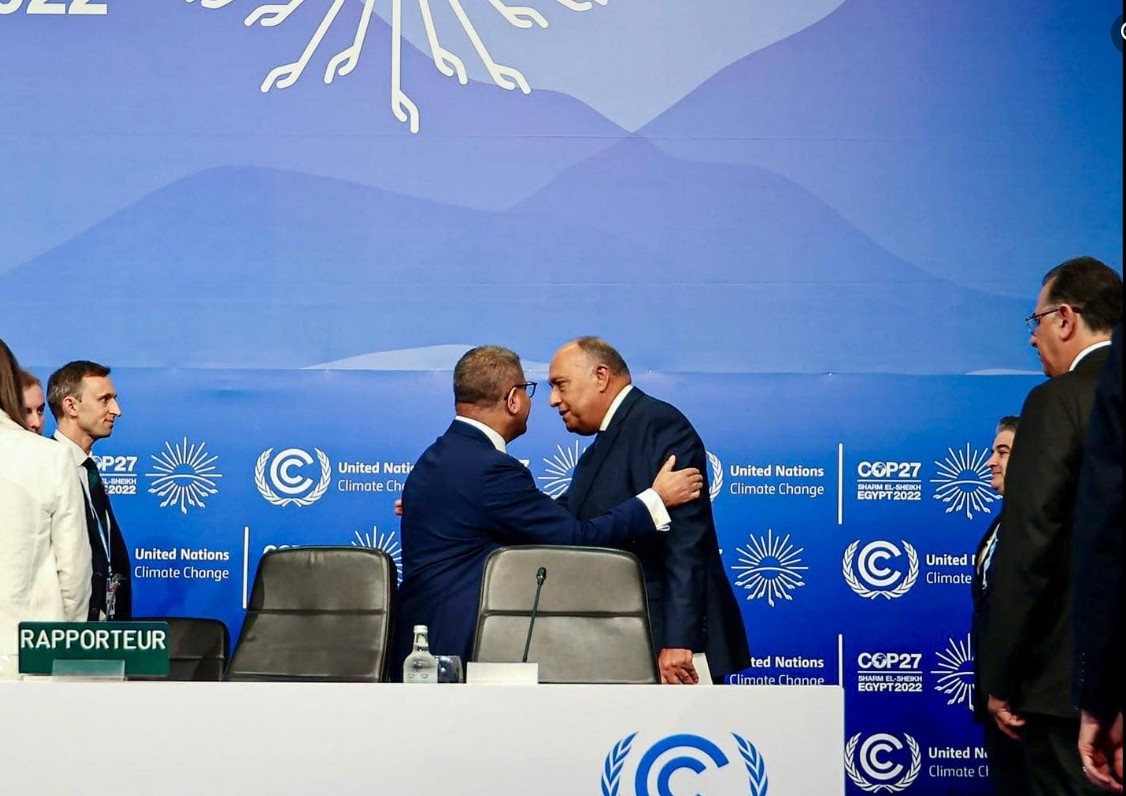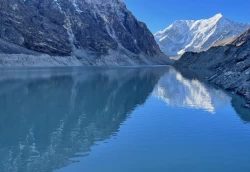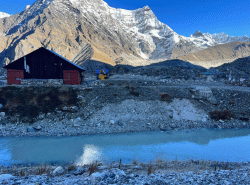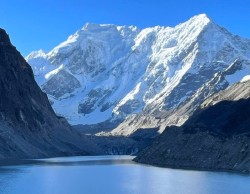Climate
The United Nations climate summit, COP27, has opened in the Egyptian resort city of Sharm El Sheikh, where island and mountain countries are urging industrialised countries to compensate poorer countries for being affected by climate change.
The host nation, Egypt, has described the opening of COP27 as a "watershed moment" on climate action - which requires major greenhouse gas-emitters to, besides taking other steps, swiftly switch to renewable energy.
Nepal’s Minister of Women, Children and Senior Citizen Uma Regmi is among 120 world leaders visiting the Red sea resort city. The annual summit will see around 30,000 people attending the two-week summit which will continue until November 18.
Nepal is leading mountain nations in the summit to raise the issue of global warming triggering melting of glaciers, unseasonal rains, floods and landslides which have become common in recent times.
Just like island nations, mountain countries like Nepal and Pakistan have been seeking compensation from richer countries for losses caused by extreme weather events – such as recent floods in Pakistan and separate floods in west Nepal.
In his inaugural remarks, COP27 President and Egyptian Foreign Minister Sameh Shoukry informed delegates that “loss and damage funding has been officially included in the COP Agenda”. It follows clarion calls from poorer nations for compensation.

With the loss and damage issue included on the agenda, diplomats from 130 countries are expected to pitch for the creation of a “dedicated loss and damage finance facility”. Now the onus is on the richer nations to decide on the matter in the next two weeks’ time.
"I'm hopeful that it will get on the agenda," Reuters news agency quoted Matthew Samuda, a minister in Jamaica's economic growth ministry, as saying. "There has been a softening of positions from many nations who a year ago or two years ago would not have been willing to support it."
But not everyone is optimistic that the compensation issue will be easily settled. In the previous UN climate change summit, the COP26, in Glasgow, UK, developed countries led by the US had blocked a proposal to compensate climate-affected poorer nations.
Like previous summits, COP27 is inspiring hashtags like #ClimateAction and #TogetherForImplementation on social media platforms. Prior to the opening of COP27, young climate activists released a statement, urging world leaders to “take steps to advance #climateaction”.
“Young people are the Plan A and only plan in this most difficult moment, and their voices are needed to fight against backsliding, delay or deprioritization of climate action,” said Wael Aboulmagd, the ambassador of COP27 President’s Special Representative.
World leaders are due to address the conference this week. They are already under pressure to compensate developing countries reeling from continuing climate disasters.
Prior to the conference, a UNEP report concluded that there are no indications that the global temperature rise could not be kept below 1.5 degrees C above pre-industrial levels.
Ironically, the 1.5 degrees C limit was the key achievement of COP21 held in Paris, France, in 2015. Meanwhile, as some leaders talk about raising that limit to 2 degrees C scenario, island nations have already expressed their grave concerns.
During last year’s COP26 summit in Glasgow, UK, Barbados Prime Minister Mia Mottley famously remarked that a rise of “two degrees is a death sentence” for island nations like hers.
See embedded UNFCC's video on COP27.






